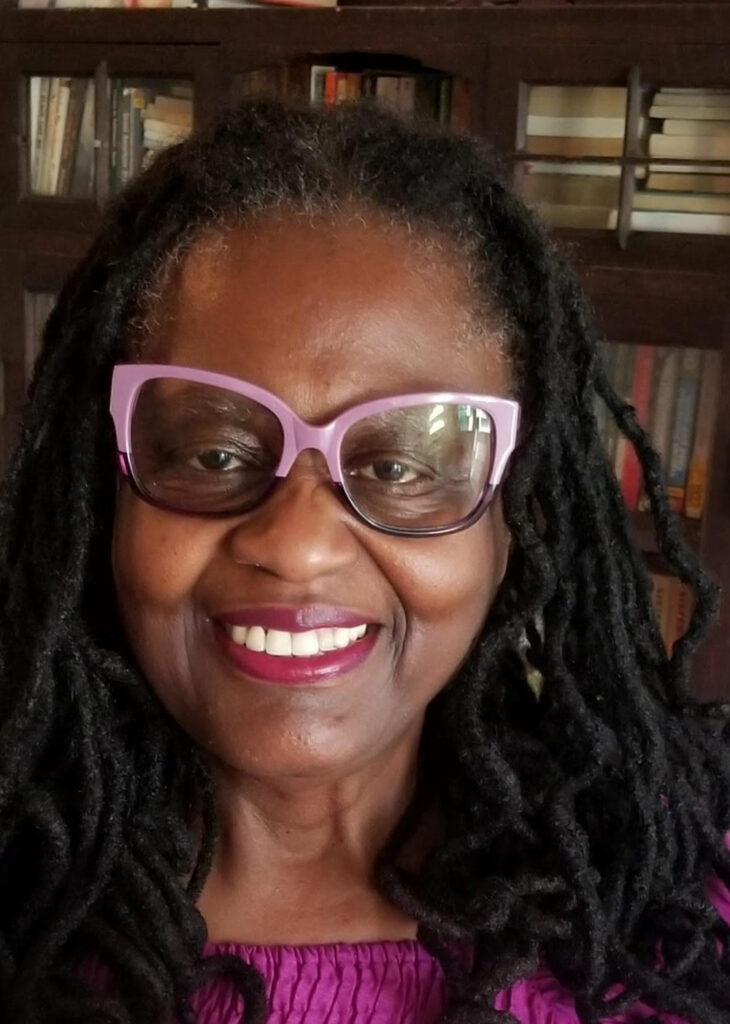Mary Anne Adams

Born in Oxford, Mississippi, in 1954, Mary Anne Adams was the second of ten children born to her mother. Mary Anne’s mother did the best she could with the challenges she faced, and herself having to leave school at 15. The family had moved 18 times by the time Mary Anne was 16. Mary Anne had the good fortune to be taken in by strong female influences, like her neighbor, Miss Savannah, who provided stories and refuge, and her aunt, a librarian and schoolteacher, who encouraged Mary Anne’s inclination as a voracious reader.
Mary Anne Adams learned first-hand about racial and social inequality as a young girl growing up in segregated northern Mississippi. Her involvement with the Black House, beginning at age 12, greatly broadened her education in Black literature and history. Black House also exposed her to civil rights workers, the NAACP (the National Association for the Advancement of Colored People), and activists working with Legal Services. Through this, she became a volunteer, working to help rectify the injustices surrounding her. This was just the beginning of a lifelong avocation for volunteering and organizing. It was this experience that eventually built the community she was looking for and eventually led to the foundation of ZAMI NOBLA (National Organization of Black Lesbians on Aging).
Mary Anne Adams graduated high school at 16, continuing her education at the University of Mississippi (UM), where she was one of a small minority of Black students. Though her desire was to major in journalism, she wasn’t convinced she would be able to write about the things that mattered most to her radical self. During registration, she met a black professor of Social Work. Seeing this woman as the only Black professor in sight, Mary Anne signed up for the social work curriculum. She earned a Bachelor of Social Work degree in sociology, with a minor in English literature from UM.
Mary Anne, following her university graduation and her mother’s death, became the legal guardian of three of her younger siblings, working three jobs to support them. In 1988, after her youngest sibling graduated, Mary Anne chased a woman to Atlanta, where she later earned a Master of Social Work degree. In Atlanta, she found her lesbian community. She applied her considerable talents and drive to public health, social work education, community engagement, capacity building, group facilitation, outreach, recruitment, planning, community organizing, and mobilization. Mary Anne Adams was named one of the most influential LGBTQ+ Georgians by OUT Georgia in 2020. Mary Ann Adams was a 2023 National Black Justice Coalition Legendary Elders Wisdom award honoree.
See also:
“From Oxford, Mississippi, to Atlanta, Georgia: A Black Lesbian’s Journey to Community,” Sinister Wisdom 124 (Spring 2022): 156-63.
E. Patrick Johnson, Honeypot: Black Southern Women Who Love Women (Duke University Press, 2019)
Aaronette M. White, ed., African Americans Doing Feminism: Putting Theory into Everyday Practice (Suny Press 2010)
